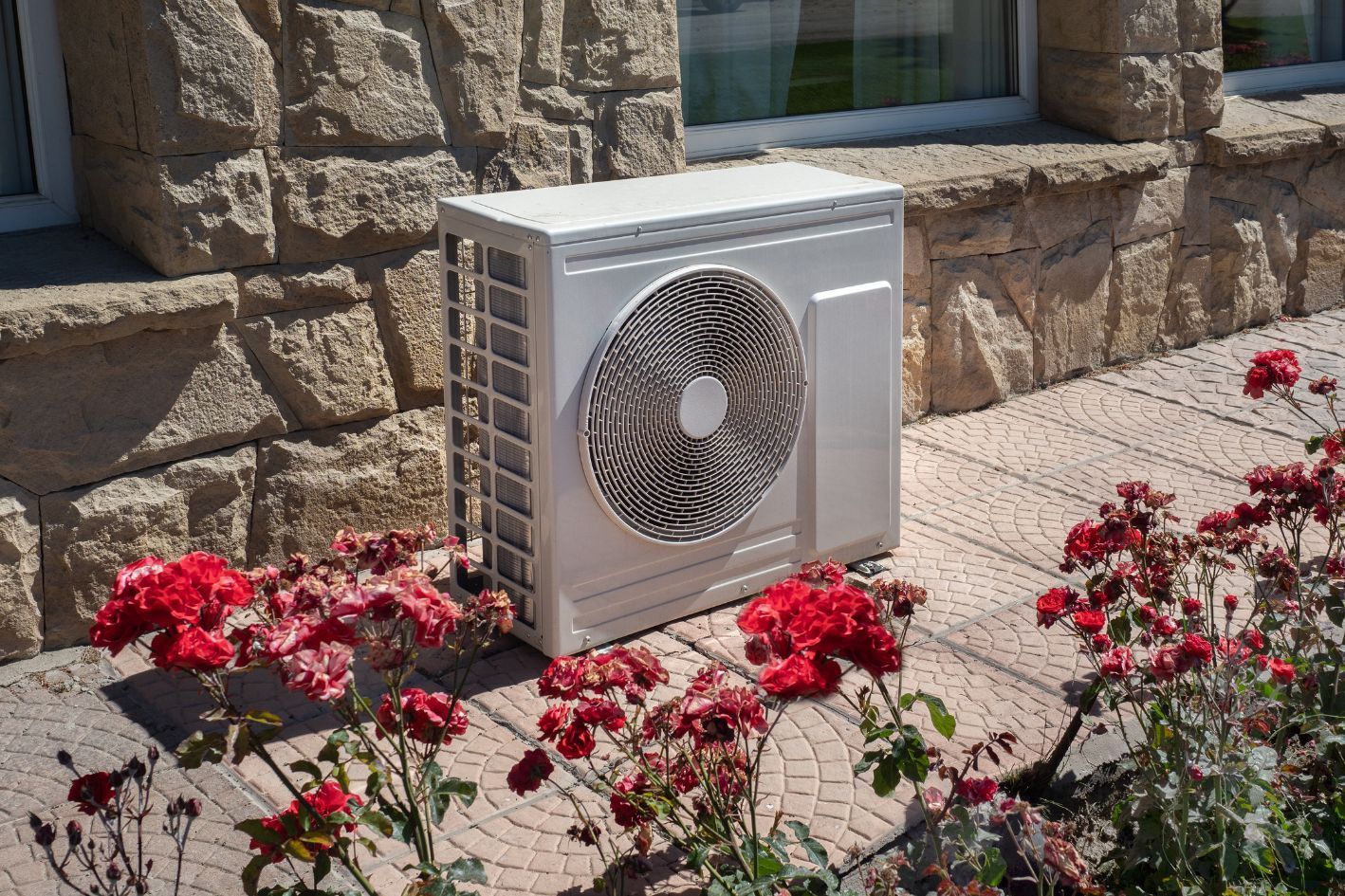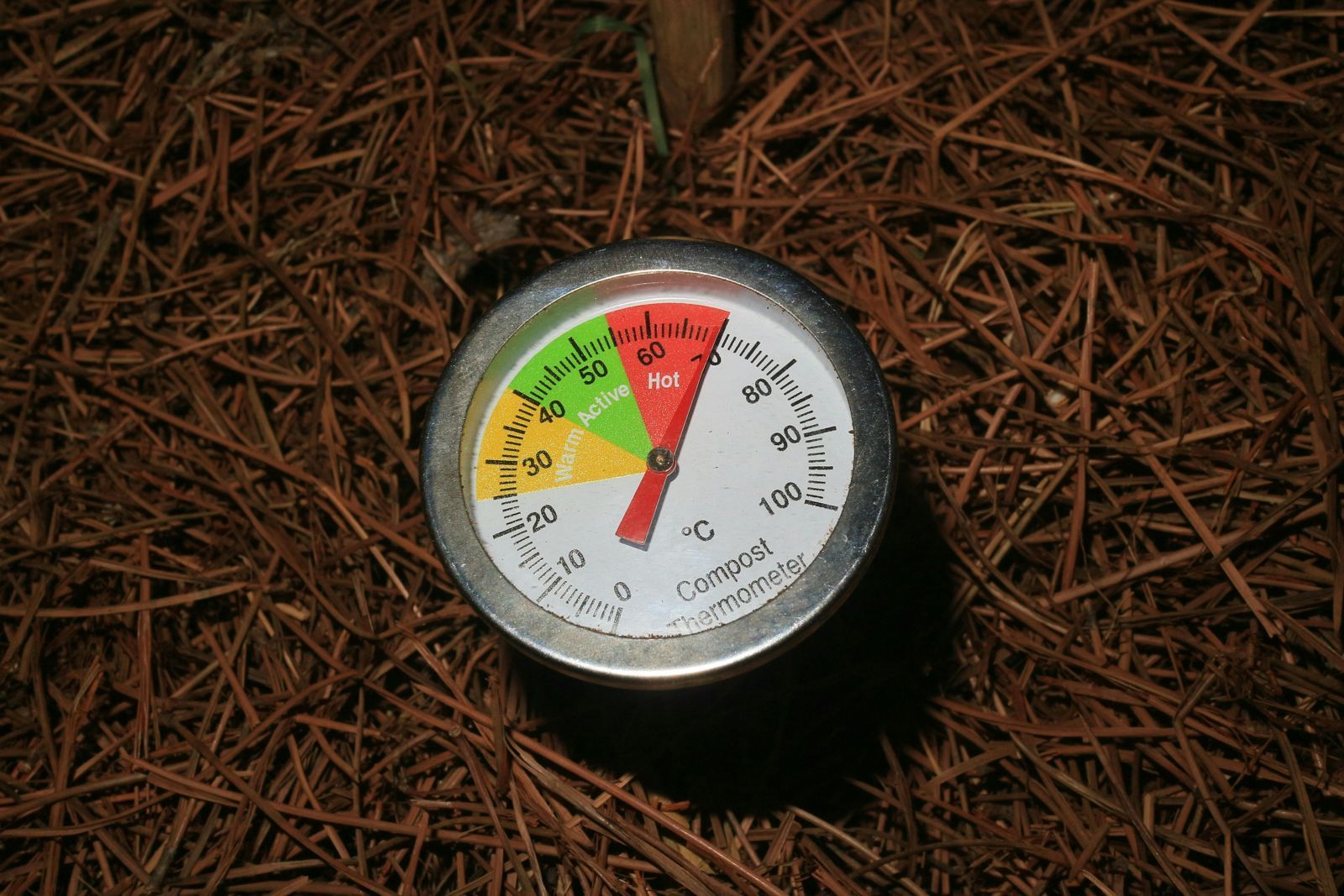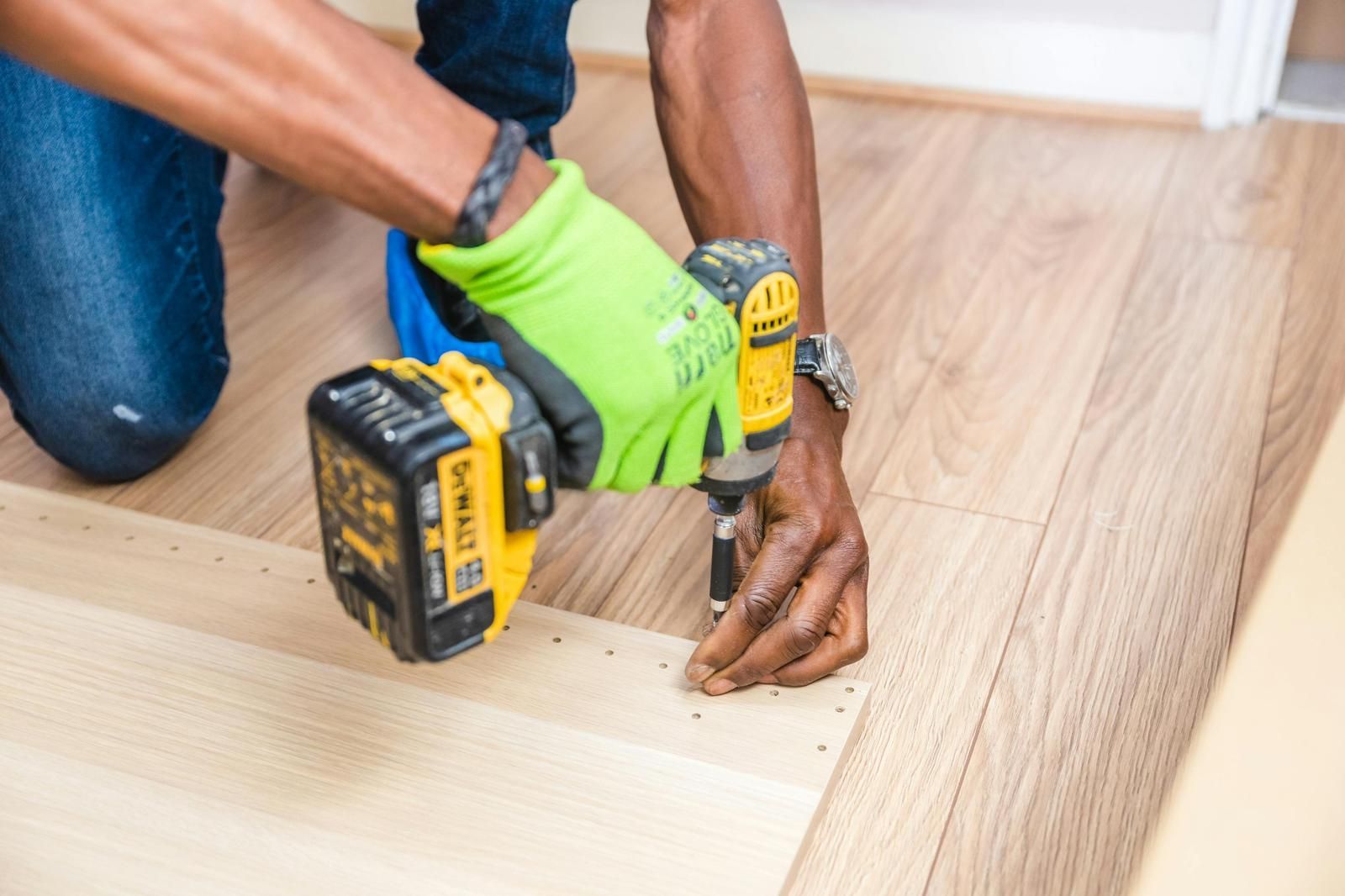Choosing The Appropriate Size And Type Of Heat Pump

Heat pump systems are becoming increasingly popular due to their effective heating and cooling solutions and energy efficiency. When looking to install a heat pump system to your property, choosing the appropriate size and type of heat pump is very important in achieving maximum comfort. Throughout this blog post, we will look at what factors to consider when choosing a heat pump, as well as the different kinds available to fulfil your unique requirements.
Understanding Heat Pump Sizing
The appropriate
size of a heat pump
differs from property to property, you must ensure that it is
properly sized in order for it to operate
efficiently and provide
maximum comfort. Contributing
factors to heat pump dimensions are, the
size of your home, level of
insulation,
climate, and desired inside
temperature. HVAC technicians use a particular formula to
determine your home's heating and cooling load, which helps in the
selection of a suitable heat pump.
Types Of Heat Pumps Available
The first and most popular type of heat pump is the air source heat pump system, they work by drawing heat from the air outside and transferring it inside your home.
Ground-Source Heat Pumps (Geothermal) are another type of system which work by extracting the heat from the ground or water source, which provides the most efficient and consistent heating and cooling. These systems are ideal for the majority of homes, but are potentially slightly more expensive to install.
Ductless mini-split heat pumps offer zonal heating and cooling without the need for ductwork. Ideal for homes without existing ducting or room extensions.
Hybrid heat pumps work in combing a heat pump and a gas furnace for dual-fuel heating, which improves efficiency and comfort in cold areas, but of course is not the most environmentally friendly option.
Factors To Consider When Installing a Heat Pump
When considering a heat pump for installation to your home, there are a few factors to consider. The first of which being the climate, air source heat pumps will work best for moderate temperatures, alternatively, in harsh climates your best option may be ground-source heat pumps, due to the increased ability for extraction from the ground.
It is suggested that you look for heat pumps with a high Energy Efficiency Rating (EER) in order to save money on your monthly bills.
Another thing to make sure of is that you have chosen the best heat pump system to fit your personal
needs, this will avoid any inefficiencies and uneven temperature distribution. Finally, to guarantee
optimum functionality, consider
installation and
maintenance needs.
Choosing The Right Pump For Your Home
When selecting the best heat pump system for your home, it is recommended that you schedule a consultation with a qualified technician, in order for them to examine your heating and cooling requirements. Their assessment will enable you to purchase the correct and most efficient size and type of heat pump for your home.
High-efficiency heat pumps can save you a significant amount of money on your monthly energy bills, as well as potential incentives for having one installed.
To ensure peace of mind and
effective heat pump performance, select a
renowned manufacturer with a solid
warranty and dependable customer service.
It is important to choose the right size and kind of heat pump for your home in order to achieve the highest level of comfort possible as well as energy efficiency, and cost savings. By gaining an awareness of the variables that should be taken into consideration when selecting a heat pump and conducting research on the various types that are available, you will be able to make an educated decision that is tailored to your specific heating and cooling needs. For an interior environment that is both comfortable and energy efficient, it is recommended that you seek the advice of a licenced HVAC professional who can assess your house and provide the most efficient heat pump system.
You might also like











